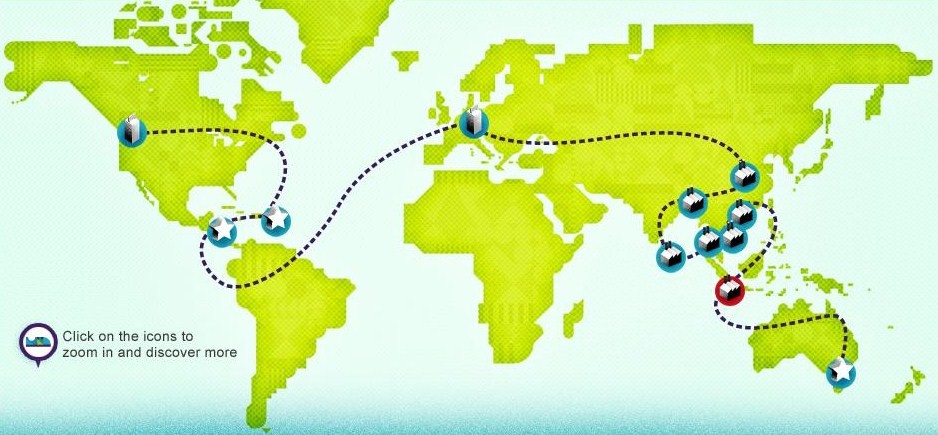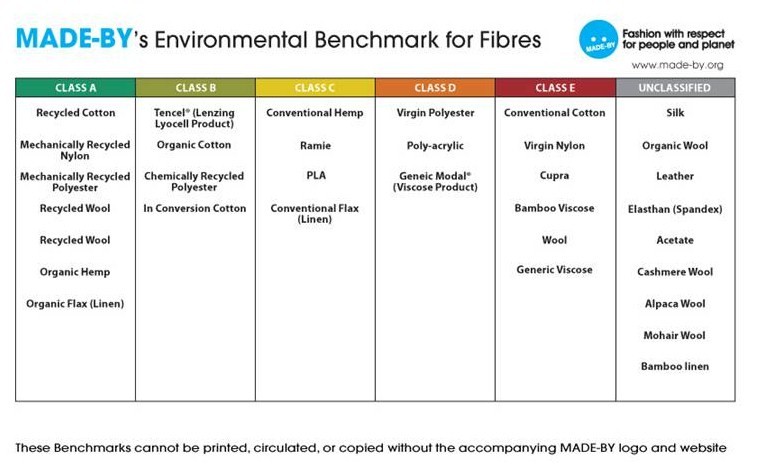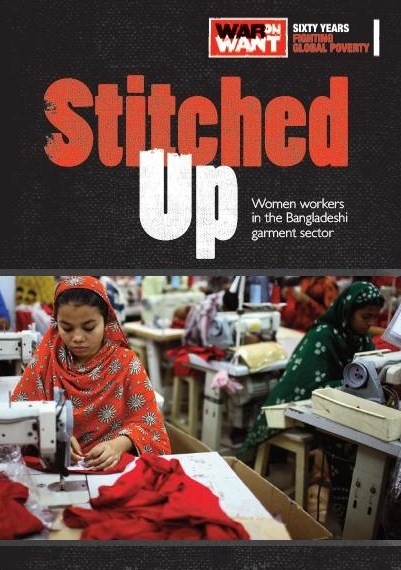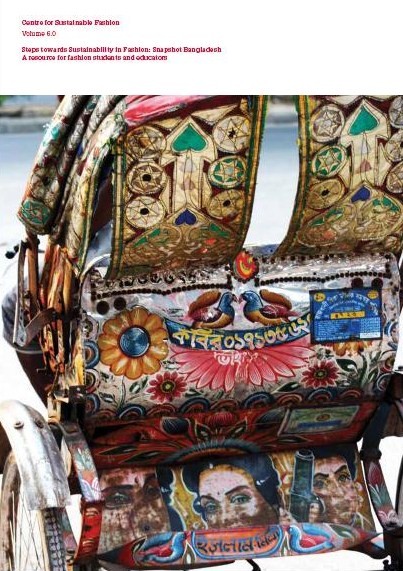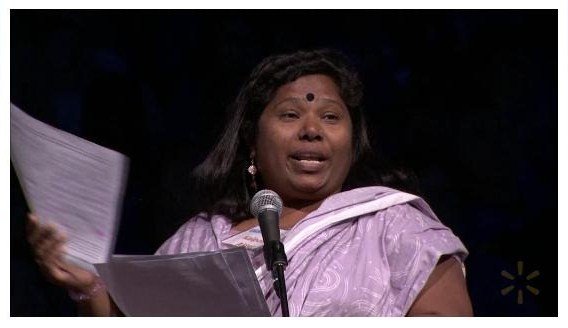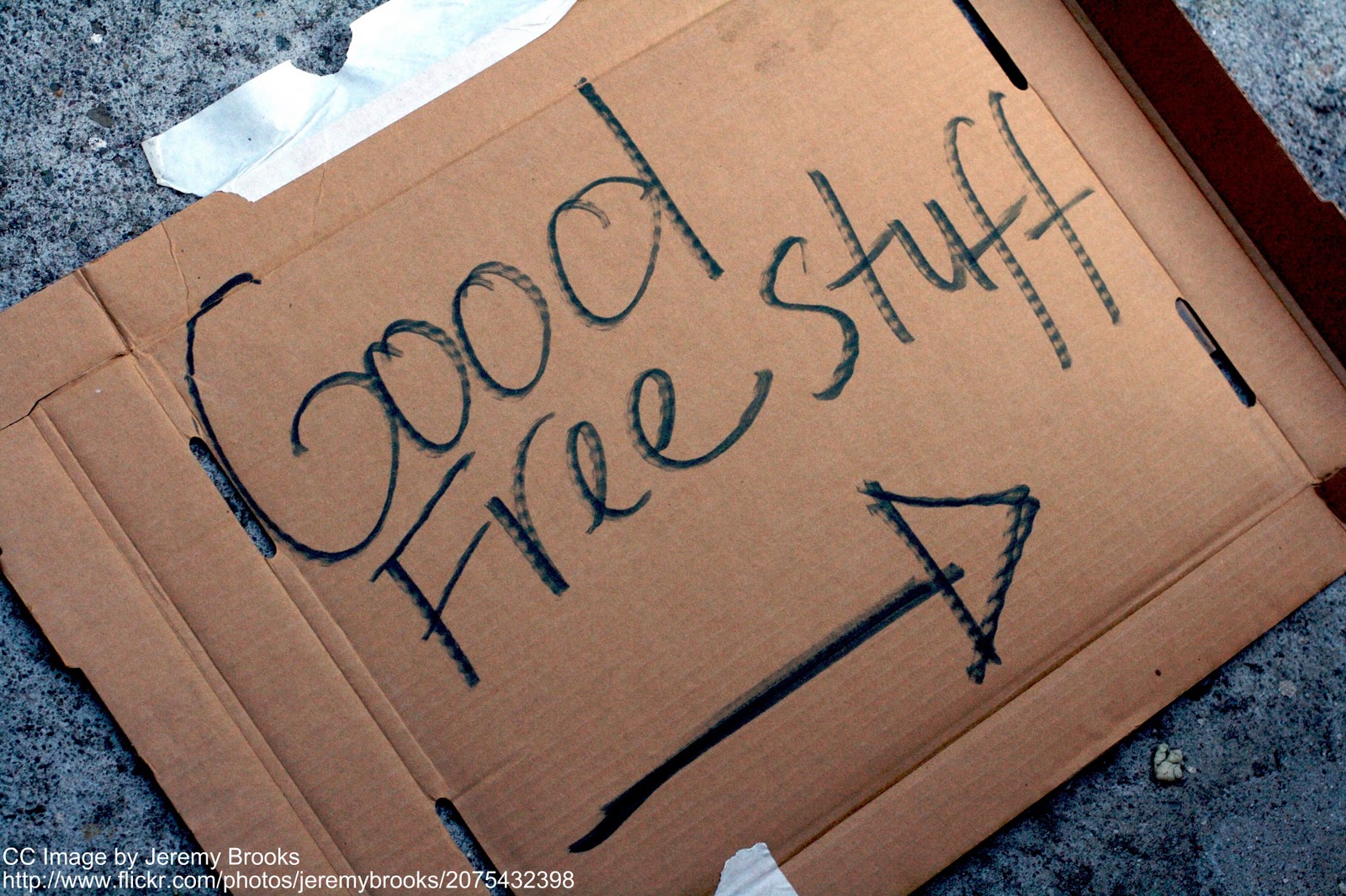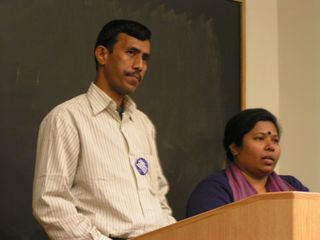You’ve likely followed the mass faintings of garment workers that have taken place in Cambodia this year. While most reports have cited gruelling working conditions and worker exposure to toxic chemicals as likely causes, reasons for the faintings remain unclear.
– – – – – – – – – – – – – – – – – – – – – – – – – – – – – – – – – – – – – – – – – – – – – – – – – – – – –
Fast Facts // Cambodia
“The face of the Cambodian garment worker is that of a young, rural female.” (Tearing Apart at the Seams, Yale Law: Pg. 8 )
- 350,000 apparel and footwear workers, less than 8 percent of the country’s working-age individual
- 90% of garment workers are women
- The garment industry accounts for 86% of the country’s total exports
- 30 percent of Cambodia’s population lives on less than 50 US cents a day
- $US 61/month = national minimum wage
- $US 71.99/month = $ needed to sustain a garment workers basic well-being and that of their dependents
- $US 86.88/month = average take-home pay for a garment worker is dependent on significant overtime
– – – – – – – – – – – – – – – – – – – – – – – – – – – – – – – – – – – – – – – – – – – – – – – – – – – –
Earlier this month, while investigating the faintings, the International Labour Committee’s Better Factories Cambodia (ILO-BFC) program offered various recommendations to factories, including the obvious suggestion that they adhere to full compliance with the Cambodian Labour Law (Media Update 06-08 August 2011 “Actions Have to Be Taken to Prevent Mass Fainting”: ILO-BFC)
Speaking of the Cambodian Labour Law…
Cambodian garment workers have seen a difficult year. Back in September, guest writer Dr. Robert Hanlon informed us on how the Cambodian court was cracking down on garment worker protests. The Clean Clothes Campaign still continues to fight for the reinstatement of workers who were fired during the protests: “Over 300 Striking Garment Workers Still Victimised.”
Add to this a recent report out of Yale Law School’s Allard K. Lowenstein International Human Rights Clinic, “Tearing Apart at the Seams: How Widespread Use of Fixed-Duration Contracts Threatens Cambodian Workers and the Cambodian Garment Industry.”
The report highlights an amendment to relax restrictions on fixed-duration contracts would compromise the rights of garment workers under both Cambodian and international law. As a result, the authors advise the government not to amend the current labour law.
“The Cambodian government has been considering amending the labor law to ease restrictions on fixed-duration contracts. The country’s apparel industry is already facing heightened international scrutiny because of the mass firings of workers who participated in a strike last year over low wages. One of the main competitive advantages of the Cambodian garment industry is its reputation for progress on protecting workers’ rights, so it is important to understand the human rights consequences of using FDCs and the impact that permitting their expansion could have on Cambodia’s competitiveness.” (James Silk, director of the Lowenstein International Human Rights Clinic)
The study calls for the ILO-BFC program, along with other relevant parties, to work with stakeholders to support long-term contracts. In return, the program has stated it will investigate “how the general trend in using short term contracts can be converted in the industry wide understanding of the long term benefits of changing over to longer term employment relationships” (Media Update 17 August 2011, “Yale Law School releases a report on Fixed Duration Contracts”: ILO-BFC).
While we wait to learn how all of this will continue to play out, we thought we’d leave you on a positive note, and (re)draw your attention to an important health and safety education initiative we posted on our Facebook page a couple of weeks ago: The ILO-BFC’s Garment Workers Open University 2011.
“Each Sunday, nearly 500 workers, from 20 garment factories, attended a full-day training to learn some basic knowledge about the Cambodian Labour Law, and obtain information about social protection services available to them.” (ILO-BFC)
Check out the training resources available through the ILO-BFC, as well as their 2011 tentative training schedule. Click here for the list of active factories registered and monitored through the ILO-BFC.


